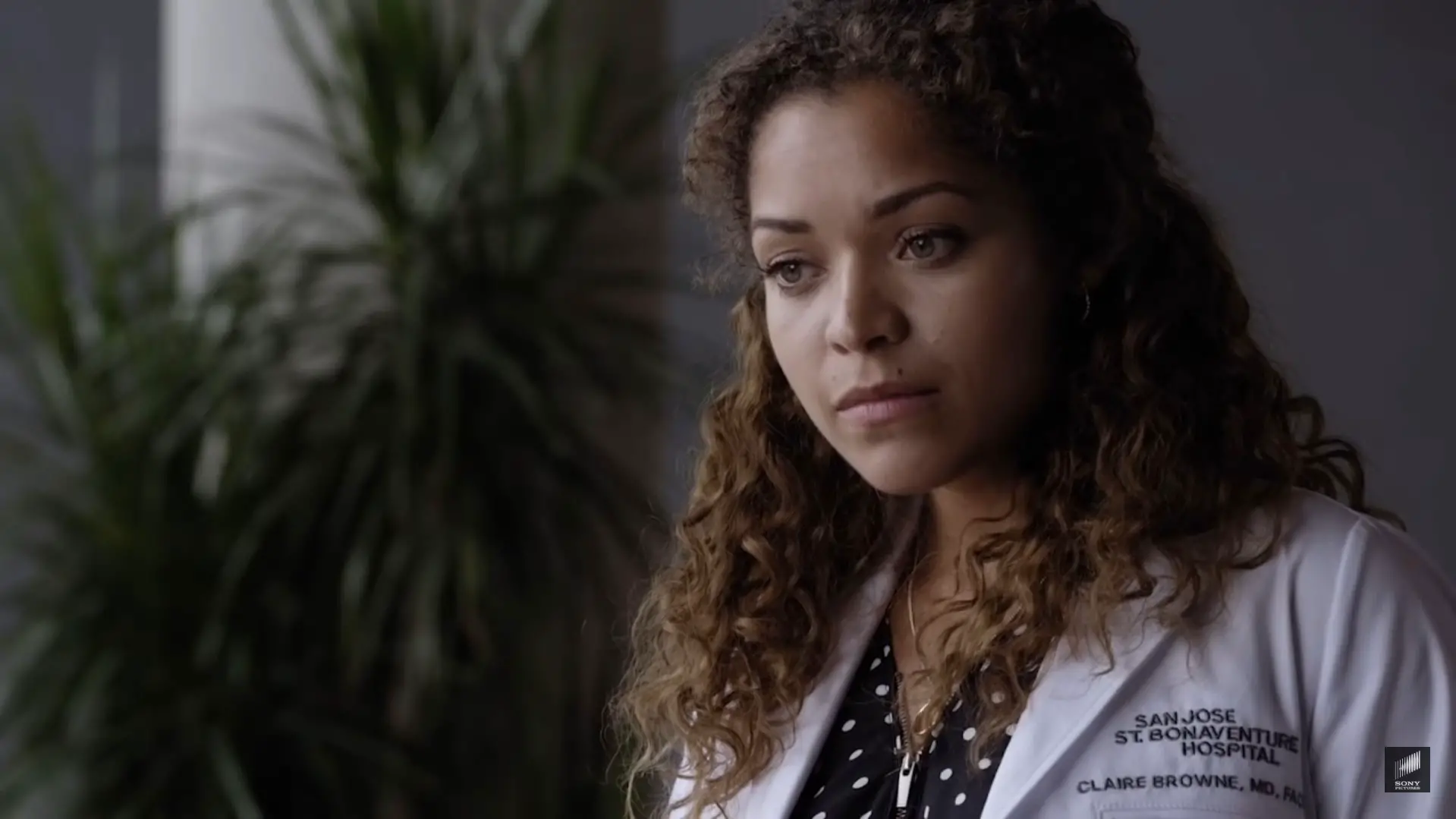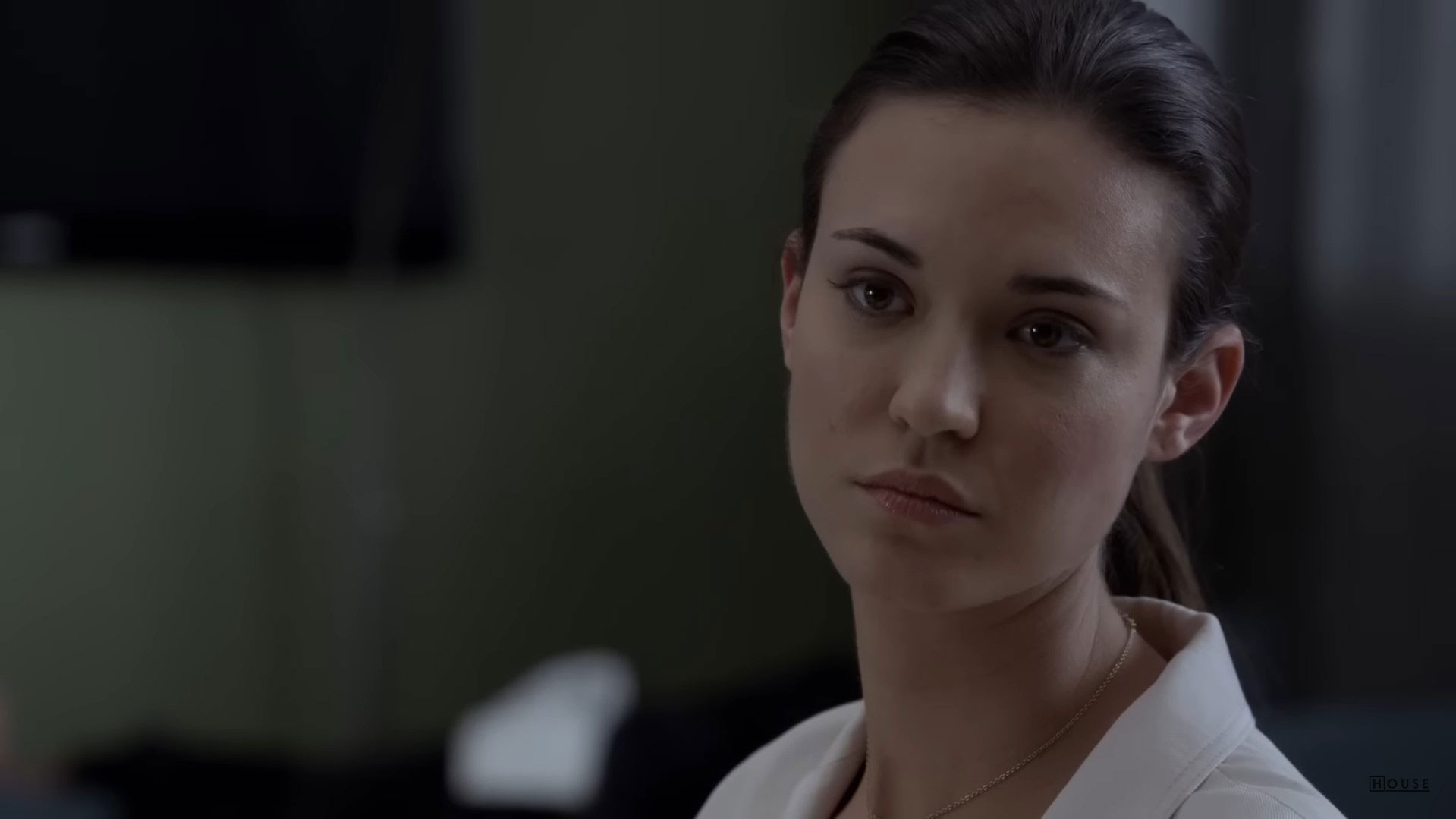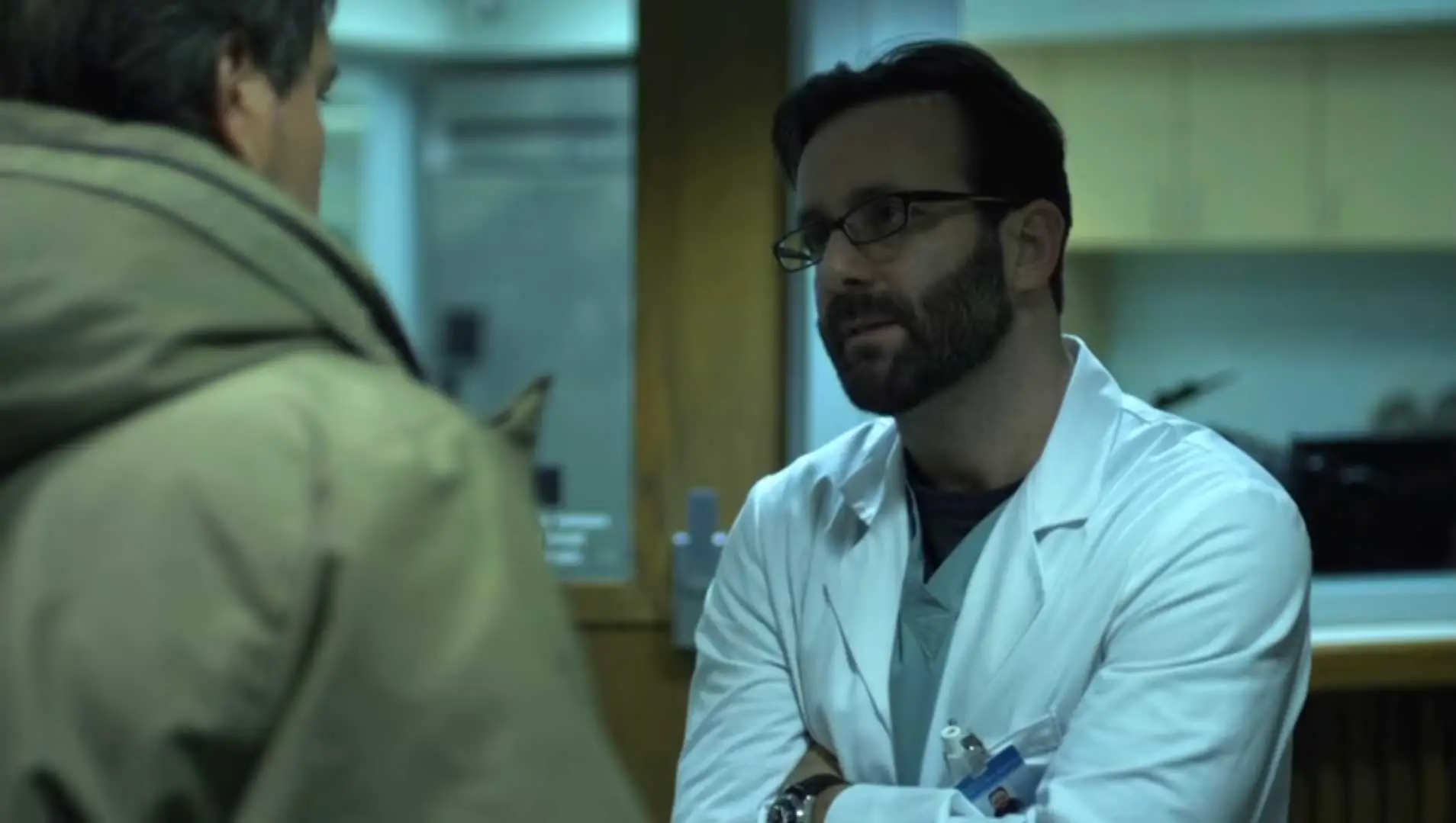
Medical Drama Movies
Medical drama movies focus on the emotional, ethical, and life-or-death situations that unfold within hospitals, clinics, and the lives of healthcare professionals. These films often explore the tension between clinical detachment and human compassion, highlighting the physical and emotional demands placed on doctors, nurses, and patients alike.
One of the most acclaimed examples is Patch Adams (1998), based on the true story of a doctor who believes humor is essential to healing. Starring Robin Williams, the film blends comedy and drama while addressing themes of empathy, institutional resistance, and the human side of medicine.
Another powerful entry is Awakenings (1990), in which a neurologist (played by Robin Williams) uses an experimental drug to awaken catatonic patients, only to face the heartbreak of temporary miracles. The film explores the fragile line between scientific hope and medical limitations.
Medical dramas can also highlight real-world crises. Contagion (2011) realistically portrays the outbreak of a deadly virus and the global medical response, eerily foreshadowing real-life pandemics. Philadelphia (1993), while more of a legal drama, is deeply rooted in the medical and social realities of the AIDS crisis, and won acclaim for its portrayal of discrimination and human dignity.
Films like The Doctor (1991) and Wit (2001) reverse the roles, showing doctors becoming patients and gaining a new understanding of care and vulnerability. These stories emphasize empathy and personal transformation.
Medical dramas appeal to audiences by combining scientific realism with intense emotional stakes. They explore moral dilemmas—such as end-of-life decisions, medical errors, or the limits of healthcare systems—through deeply personal stories.
At their best, medical drama movies are not just about medicine; they’re about humanity. They reveal the strength, fragility, and resilience found in both caregivers and patients when life hangs in the balance.


The Good Doctor

House

New Amsterdam



